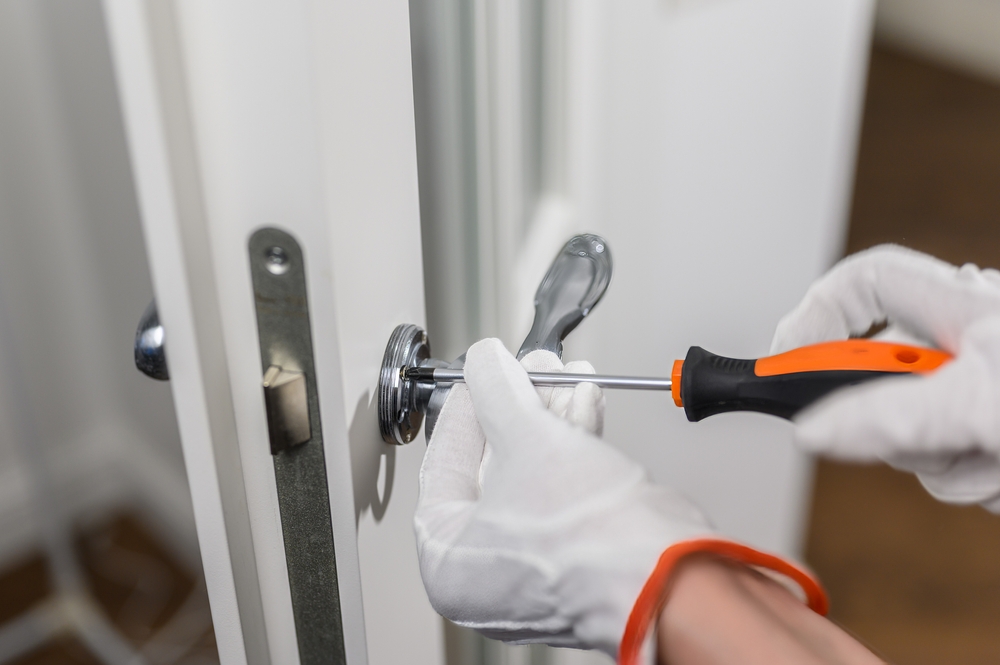How to Stop Door Handles Going Loose: Causes, Fixes & Prevention
There’s nothing more annoying than a door handle that wobbles or goes loose. Not only does it feel cheap, but it can eventually cause more serious issues—like damaging the door or making it hard to open and close. The good news is that fixing and preventing loose door handles is easy with the right know-how and a few simple tools.
In this guide, Door Handle Company explains why handles go loose, step-by-step fixes, and how to ensure your handles stay tight and secure for the long haul.
Why Do Door Handles Go Loose?
A loose handle is almost always the result of one or more common issues:
- Loose screws: The most frequent culprit—screws may simply need tightening.
- Worn or stripped screw holes: Over time, wood or other door materials can get damaged, making it hard for screws to grip.
- Incorrect spindle length: If the spindle (the square bar connecting both sides of the handle) is too short, the handle won’t clamp firmly.
- Handle quality: Lower-quality handles or fixings can loosen faster, especially in high-traffic areas.
Regular maintenance and the right installation go a long way to stopping these problems before they start.
How to Fix a Loose Door Handle
1. Tighten the Screws
Remove the handle’s cover plate (if present) to access the fixing screws. Tighten all visible screws with a screwdriver—don’t over-tighten, as this can strip the holes. Most lever handles and door knobs have two main fixing screws on each side.
2. Check the Spindle
If the handle is still loose after tightening, check the spindle. Remove the handles and inspect the spindle length. If it’s too short or worn, replace it with a new one—DHC has spares for all handle types.
3. Repair Worn Screw Holes
For screw holes that won’t grip, fill them with wooden matchsticks or dowels and wood glue, then re-insert the screw. For a lasting fix, consider longer fixing screws from DHC.
Preventing Handles from Going Loose
Choose Quality Handles and Hardware
The foundation of a long-lasting handle is good hardware. DHC’s handles, latches, and spares are all selected for durability and fit.
Correct Installation
When fitting new lever handles on rose or backplate handles, follow these tips:
- Use the supplied template to ensure holes are drilled straight.
- Use all provided fixings—not just two screws—to spread the load and prevent movement.
- For heavy or frequently used doors, consider heavy duty latches.
Regular Checks
Every few months, check handles and tighten any loose screws. A quick maintenance routine keeps everything secure and avoids sudden issues.
Troubleshooting Special Cases
- Loose handle on a hollow door: Use special hollow door fixings to ensure screws stay put.
- Brass and antique handles: For softer materials, always use the correct screws and avoid overtightening.
- Loose handles on external doors: These may indicate worn latches or locks. Check the mechanism and replace as needed.
If you need visual guidance, Ideal Home’s installation guide is a great resource.
When to Replace, Not Repair
If you’ve tightened screws, repaired holes, and still have problems, it may be time to replace:
- The handle, if it’s worn, bent, or missing parts.
- The spindle, if it’s no longer a snug fit.
- The latch, if the internal spring is weak.
Door Handle Company offers compatible spares and replacements, so you can restore security and peace of mind.
Maintenance for Longevity
- Clean handles with a soft cloth to avoid abrasive wear.
- Lubricate latches and locks with a graphite-based product every 6-12 months.
- Inspect door hinges to ensure the door is aligned and not straining the handle.
Why Buy from Door Handle Company?
- High-quality handles and spares for any project
- Expert advice for both fixes and upgrades
- Contact us for step-by-step troubleshooting or installation guidance
- Fast UK delivery and a massive range in stock
Browse the latest door handle collections and maintenance parts to keep your home secure and stylish.

